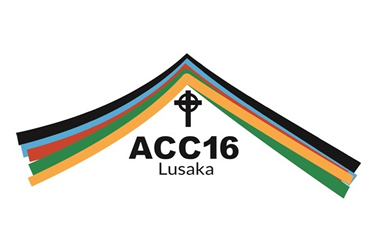Theological resources for times of persecution have posted for the upcoming meeting of the Anglican Consultative Council. The draft report comes from the Anglican Inter Faith Network.
ACNS reports:
The report, “Out of the Depths – Hope in a time of suffering” is “an Anglican contribution to ecumenical engagement” and will be discussed during next month’s meeting of the Anglican Consultative Council in Lusaka, Zambia.
…
The authors stress the ecumenical context of their work and highlight “three occasions . . . of particular importance” that took place in 2015: the 50th anniversary of Dignitatis Humanae, the decree on Religious Freedom of Vatican II; the Global Christian Forum’s consultation on persecution in November 2015, in Tirana, Albania; and the centenary of the Armenian Genocide.
The report was written for ACC-16, but the authors say that “we pray that it will be a resource for Christians of all traditions; for those who are under persecution and also for those who support them.”
The draft report outlines the global context through case studies from India, Nigeria, Malaysia, Syria, Sweden and the United States….
The report includes a section headed “North America”:
“In 2013, there were 115 attacks on places of worship and 75 fatalities. These have included attacks on synagogues by neo Nazis, which have also killed nonJews.”
“There are ‘freedom of speech’ demonstrations at the funerals of some homosexuals in the armed forces and also at some family planning clinics. Some opposition by people to the ‘Obama Care’ health care reforms was because it includes family planning.”
“This persecution in the US is from the extreme right, often the Christian religious right, who are not comfortable with diversity. These acts are classified as hate crimes and are prosecuted. Secularism is seen as a bad thing.”
“Although the US considers itself the most religious country in the world, I believe that theological literacy can be poor, and that the persecution, referred to above, comes out of a particular Christian theology. On a positive note, acts of persecution can often bring people and communities together and lead to some sense of healing.”

